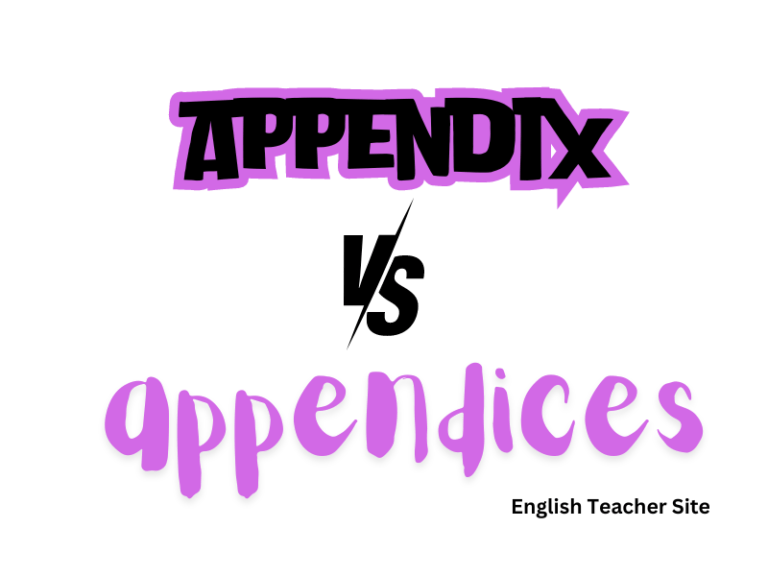Is Alumni Plural or Singular? Understanding the Correct Usage

- Alumnus and alumna are singular terms that refer to a male and female graduate, respectively.
- Alumni is the plural form used for groups of male graduates or mixed-gender graduates, while alumnae refers to female graduates only.
- Alum and alums are casual, gender-neutral terms used for individual graduates and groups, respectively.
However, in modern usage, the term alumni has become more gender-neutral and is also commonly used to refer to groups of graduates that consist of both men and women. It’s important to note that alumnae is the plural form for a group of female graduates exclusively. In casual contexts, ‘alum’ and ‘alums’ serve as gender-neutral alternatives for individuals and groups, respectively. Knowing which form of the word to use depends on the context and the gender composition of the group being referred to.
Understanding Alumni
In the discussion of academic affiliations, the terms alumni, alumna, and alumnus are frequently referenced, with special attention to their Latin origins and grammatical distinctions reflecting number and gender.
Origins and Language
The Latin word alere means “to nourish” and serves as the root of alumnus, reflecting the nurturing relationship between a school and its students. Over time, this term evolved in the English language to denote students who have graduated from an institution. The linguistic conventions for these words still respect their Latin origins, especially in terms of grammatical numbers and gender.
Singular and Plural Forms
Understanding the distinction between singular and plural forms is essential in using these terms correctly:
- Alumnus: Masculine singular, referring to one male graduate.
- Alumni: Plural form that can refer to a group of male graduates or a mixed-gender group, though traditionally it was the masculine plural.
- Alum: Gender-neutral alternative for either singular or plural forms, used informally.
Table: Singular and Plural Use of Alumni Terms
| Singular | Plural |
|---|---|
| Alumnus | Alumni |
| Alumna | Alumnae |
| Alum | Alums |
Gender Considerations
The Latin language, which is the origin of these words, is highly inflected and uses different endings to signify gender:
- Alumna: Feminine singular, meant for one female graduate.
- Alumnae: Feminine plural, used for a group of female graduates.
Table: Gender-Specific Terms
| Masculine | Feminine | Gender-Neutral |
|---|---|---|
| Alumnus | Alumna | Alum |
| Alumnae | Alums |
Examples of Alumnus in Sentences
- After his graduation, the enthusiastic alumnus often returned to his alma mater to mentor current students.
- The alumnus was recognized at the annual gala for his outstanding contributions to the university’s research department.
Examples of Alumni in Sentences
- The university welcomed its alumni to the homecoming weekend with a series of workshops and social events.
- Prominent alumni were featured in the latest issue of the institution’s magazine, highlighting their achievements since graduation.
When to use Alumni?
Understanding when to use the term alumni is essential for proper grammatical context. The term “alumni” refers to a group of individuals that have completed their studies at an educational institution.
Alumni is the plural form and is specifically used in the following cases:
- Gender-Neutral Groups: When referring to a mixed group of both male and female graduates.
Gender Composition Correct Term Mixed group of male and female Alumni - Exclusive Male Groups: While the term can be inclusive, it traditionally denotes a group of male graduates.
Gender Composition Correct Term Male only Alumni
Distinct Forms for Reference:
- Single Female Graduate: For an individual woman, alumna is the proper term.
Number of Graduates Gender Correct Term Single Female Alumna - Group of Female Graduates: In the case of a group exclusively comprising women, the term alumnae is used.
Number of Graduates Gender Correct Term Group Female Alumnae
Usage in Context:
- For an alumni newsletter: “Dear Alumni, we invite you to the annual gathering…”
- During a ceremony: “Today, we are proud to induct these students as the newest alumni of our school.”
- Singular Gender-Neutral Term: In some modern usages, alum can be an informal alternative to refer to an individual graduate of any gender.
The use of alumni is thus context-dependent and must adhere to these guidelines to maintain grammatical correctness. For a deeper understanding of these nuances, one could read Alumni vs. Alumnus: Usage Guide which provides comprehensive examples and explanations.
Source
My name is Khamis Maiouf. I am the creator of the English Teacher Site, dedicated to providing valuable resources and insights for students around the world. With a passion for education and a commitment to helping students enhance their skills, I aim to make English teaching more effective and enjoyable for both educators and students.






